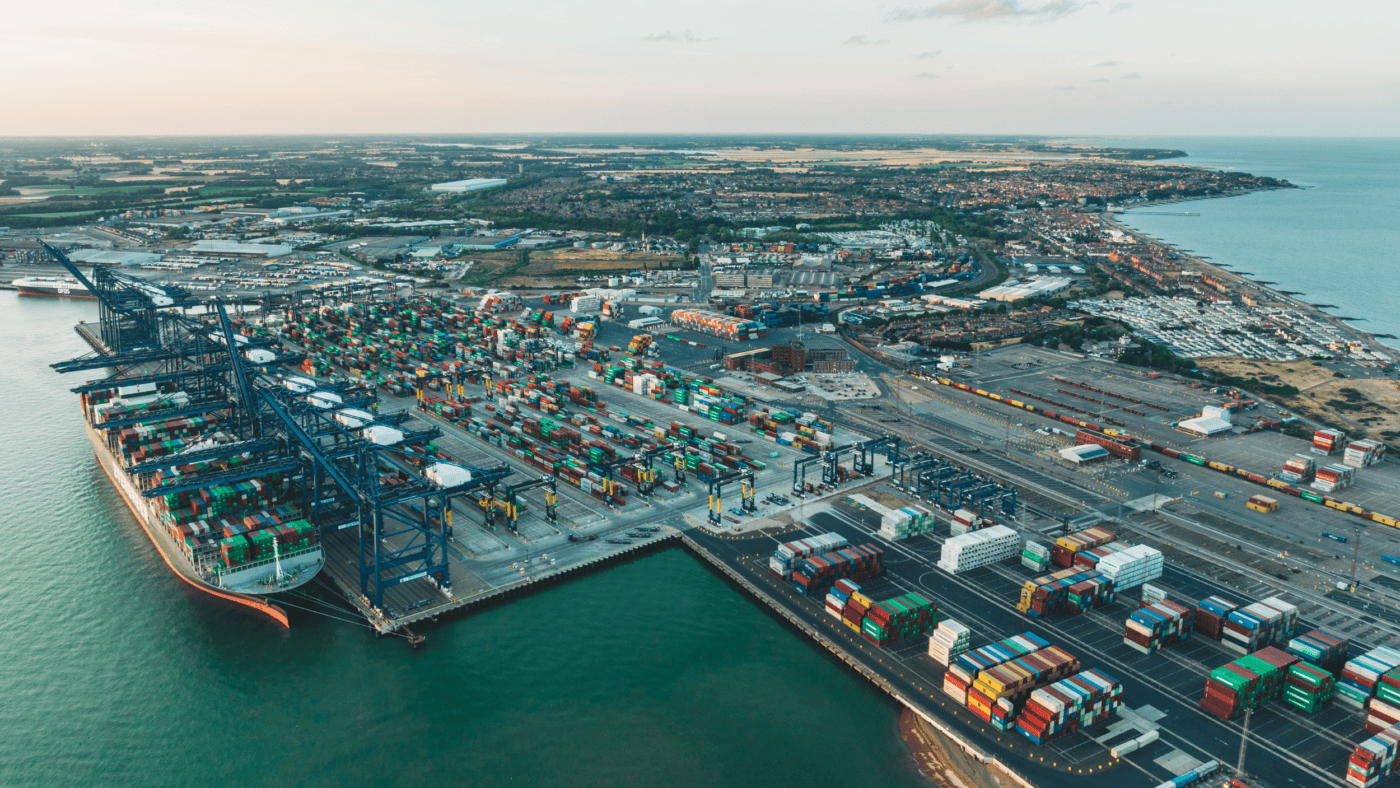If someone had given me a crystal ball six months ago and said that Donald Trump was going to unleash ‘Liberation Day’ on the world, I would have predicted catastrophe. A return to the protectionism of the 1930s would be disastrous for the global economy. But in a rather unexpected twist, that has not materialised: the rest of the world has said ‘thanks but no thanks’. America is only responsible for 11% of world trade, so everyone else is perfectly capable of going it alone. Even Trump appears to be thinking again.
As I argue in my new book ‘Can We Be Great Again?’ Britain has always flourished as one of the most open, outward facing economies in the world. We gave the world its two greatest exponents, economists Adam Smith and David Ricardo. As a result of their efforts, in 1846 we became the first country in the world to remove all trade barriers on imports. As America stagnated under tariffs, the British economy expanded dramatically as the workshop of the world. The British Empire, for all its faults, became the world’s largest ever free trade zone.
Not that Trump doesn’t have a point. There is an unhealthy imbalance in the trading relationship between the US and China. A deficit that should have led to currency rebalancing has not because of the dollar’s status as the world’s reserve currency. It is not sustainable for the US to borrow continuously from China in order to fund its purchase of Chinese goods. It is also reasonable to seek to reduce technological dependency on an authoritarian state that may well use it as leverage in any geostrategic conflict. But achieving that means making common cause with fellow democracies rather than driving them away by inflicting damage on their economies. If Trump doesn’t think again, America will be poorer and less powerful.
But if the UK remains an open economy we can still prosper despite the headwinds. When I left office, we had become the world’s third most popular destination for foreign greenfield investment after the US and China. Directly or indirectly that investment accounts for nearly a third of all jobs. Even after Brexit, Britain continues to attract broadly the same proportion of big European FDI projects as before. Our most successful sectors – financial services, technology, life sciences, the creative industries and education – have all flourished because of openness to talent and ideas. Among the large economies, we have the fewest barriers to services. But far from holding us back it has made us globally competitive, turning us into the world’s second largest services exporter.
There will be plenty who argue we should seek to protect domestic industry. But ultimately openness is the best way to spur more investment and increase our anaemic growth rate. There is absolutely no reason for trade barriers between democracies who share the same values. We should forge open trading alliances with like-minded countries across the world, whether the EU, Canada, Australia, Japan or Korea. Between them such countries account for a third of global GDP, far more than either the United States or China. Our membership of the Comprehensive and Progressive Agreement for Trans-Pacific Partnership (CPTPP) helps, as does the recent deal with India. But there is much work today.
Globalisation has not been without flaws. In recent decades we have failed to spread the prosperity it generates as widely as we should have, leading to disenchantment and disillusion in left-behind communities. But we must not throw the baby out with the bathwater. As my new book details, despite the economic upheaval it creates, free trade has been the most effective poverty killer in history. When I was born in 1966, half the world was in extreme poverty, defined then as an income of less than $1 a day. Now it is just 9% – over a period in which the global population has nearly trebled.
That is because since the Second World War, compared to other periods in history, human beings have stopped fighting each other as much and started trading more. Trade needs peace, but with wars in Ukraine and Africa, peace can no longer be taken for granted. Indeed, between 2021 and 2023, the number of conflict deaths was over 600,000. That’s the same number of casualties as having a 9/11 disaster every single week over the period.
What should Britain’s role be? After the United States no country has done more to promote trade and security. Alongside the US we were the architects of the current international order. We have been through a difficult period but we should not underestimate the influence we have: Europe’s most powerful military, its best universities and its biggest technology sector give us more hard and soft power than any other country on the continent. At times of danger, it is time for those with influence to use it.
‘Can We Be Great Again? Why A Dangerous World Needs Britain’ is published by Swift Press on 5 June, for £25 in hardback.
Click here to subscribe to our daily briefing – the best pieces from CapX and across the web.
CapX depends on the generosity of its readers. If you value what we do, please consider making a donation.


